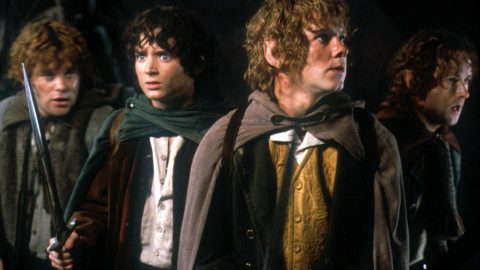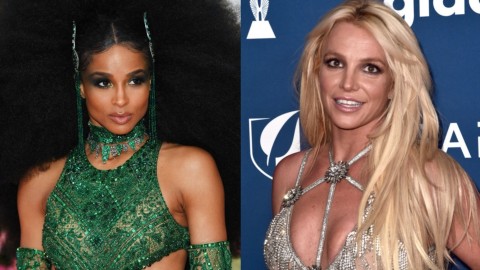
In their early days, The Specials were protest song incarnate. Their very multicultural make-up was a confrontational statement to audiences infested with National Front thugs. Since their self-titled 1979 debut album, tracks tackling racism, war, unemployment and national decay helped make them one of the most vital and socially progressive bands of their age. Their 2019 reunion album ‘Encore’ pulled few punches too: Black Lives Matter, Windrush, racial integration and gang violence all came in for The Specials’ uniquely incisive treatment.
When a spate of in-band COVID infections scuppered its reggae follow-up early in 2020, then, it was in the nature of the band’s remaining trio – Terry Hall, Lynval Golding and Horace Panter – to become embroiled in pandemic protest culture. Not for them the Facebook sneer-off or super-spreader march on Parliament, though. Instead they combed the annals of music for protest songs they chimed with, uncovering reggae classics, ragtime revolts, blues tub-thumpers and antique spirituals aplenty.
What there isn’t much of is ska. Here, The Specials take a far more open-minded approach, as if allowing each song to pick its own style. They skew towards country: The Staple Singers’ ‘Freedom Highway’, written about the 1965 civil rights marches from Selma to Montgomery, is delivered as heat-haze honky tonk, and Malvina Reynolds’ inequality anthem ‘I Don’t Mind Failing In This World’ in the style of a lonesome cowboy pony-trekking around his ransacked homestead. Big Bill Broonzy’s 1938 dissection of the black experience in a systemically racist society gets a jaunty tropical upswing, but is also thick with the dust of southern country blues.
Elsewhere they branch into breezy skiffle rock’n’roll (Reynolds’ ‘I Live In A City’ and Jerry McCain’s ‘My Next Door Neighbour’, which seems to be largely protesting having to lend things to the bloke next door), whiskey bar polka jazz (Leonard Cohen’s overview of a rigged and broken system, ‘Everybody Knows’, featuring vocals from Bradford singer Hannah Hu) and ragtime cabaret (Rod McKuen’s 1963 anti-war jig ‘Soldiers Who Want To Be Heroes’).
1924’s handclap spiritual ‘Ain’t Gonna Let Segregation Turn Us Around (Don’t You Let Nobody Turn You Around)’ gets rocked up with some classic Specials skank passion, but ‘Protest Songs…’ gets most interesting when they delve beyond the trad: Talking Heads’ ‘Listening Wind’, sung by Hu and tracing the evolution of an anti-American terrorist, becomes a mournful and menacing melange of percussion, trumpet and postal bombs.
But as an arpeggiated and funereal take on Bob Marley’s ‘Get Up, Stand Up’ exemplifies, this is an album of thoughtful and considered dissent rather than the righteous rage of old. The Specials, perhaps, have realised sooner than most that all this shouting is getting us nowhere.
Details

Release date: October 1
Record label: Island Records
The post The Specials – ‘Protest Songs 1924-2012’ review: thoughtful and considered dissent appeared first on NME.





